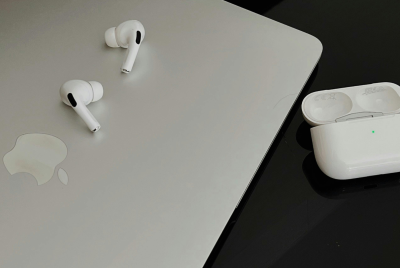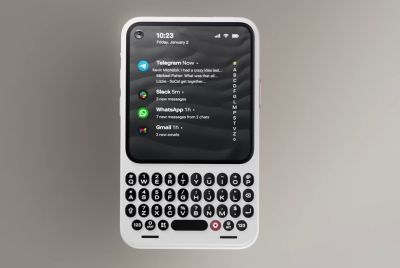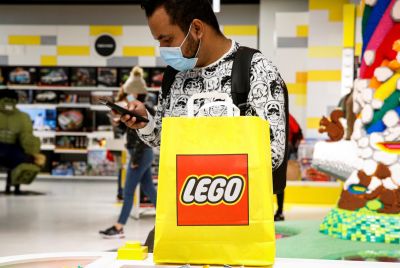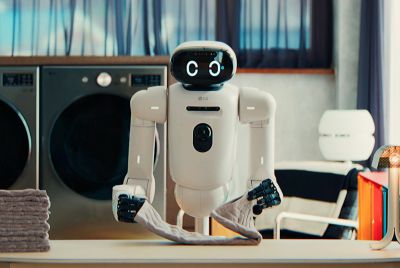Noland Arbaugh Seeks Second Neuralink Implant to Regain More Control Over His Life
Since his initial implant, the quadriplegic, 29, has found renewed purpose

Noland Arbaugh, the first human recipient of a Neuralink brain chip, is already planning his next step towards a fuller life. His initial implant brought him a life-changing ability to control digital devices using only his thoughts.
Now, he is determined to undergo a second procedure to unlock even greater independence and control over his day-to-day existence.
On 21 November, Elon Musk, who owns Neuralink, posted a link on X to an article titled, Neuralink Patient Noland Arbaugh Eyes Second Implant for Leg Movement. The post revealed that Arbaugh, aged 29, has had quadriplegia since a diving accident in 2016 caused damage to his neck vertebrae; he received his first Neuralink brain chip in January 2024.
— Elon Musk (@elonmusk) November 21, 2025
A Focus on Function: Arbaugh's Next Goal is Movement
The update mentioned that the initial implant allows him to operate digital technology, enjoy games like chess, and complete up to ten hours of daily work using only his thoughts. The planned new implant would function alongside the existing one, collecting neural signals and transmitting them directly to the muscles of his legs beyond the damaged area.
'His story highlights real hope for the 18,000 people facing spinal injuries each year in the US', the post concludes. In a reply to Musk's announcement, Arbaugh shared his excitement, saying, 'I can't overstate how fired up I am about the Neuralink dual implant. One in the brain, one below the injury, finally working together. The potential is unreal'. He added, 'Yeah... I'm amped'.
I can’t overstate how fired up I am about the Neuralink dual implant. One in the brain, one below the injury, finally working together. The potential is unreal.
— Noland Arbaugh (@ModdedQuad) November 21, 2025
Yeah… I’m amped.
In a separate post on X, Arbaugh confessed that 'there was a time when (he) stayed up all night and slept all day because there wasn't anything worth waking up for'. Arbaugh mentioned that after his paralysis, he lacked any objectives, aims, or, crucially, any sense of direction in his life. He added, 'Then I got my Neuralink implant and everything shifted'.
I can’t overstate how fired up I am about the Neuralink dual implant. One in the brain, one below the injury, finally working together. The potential is unreal.
— Noland Arbaugh (@ModdedQuad) November 21, 2025
Yeah… I’m amped.
Since receiving the Neuralink brain-computer interface (BCI), a technology that enables Arbaugh to move a computer cursor with just his mind, he has returned to his studies, launched an enterprise, started exploring different locations, and given talks on platforms worldwide.
'Neuralink didn't just change what I can do. It changed what I believe I'm capable of', Arbaugh writes. 'It gave me hope. It gave me purpose. And for the first time in a long time, I'm excited for what's next.'
Community Response: The Outpouring of Support
The comments section was instantly flooded with encouraging messages from individuals deeply moved by Arbaugh's statement, an occurrence quite rare on a social platform like X.
Your story, your experience, is amazing and inspiring. And it’s just beginning. All the best to you. I hope to meet you in person one day.
— Andrew Hessel (@andrewhessel) November 20, 2025
'Your story, your experience, is amazing and inspiring. And it's just beginning. All the best to you...' said Andrew Hessel, co-founder of the Human Genome Project.
'Thank you for sharing your story. People underestimate how much of an improvement accessibility tech makes for society', the DataRepublican replied.
Thank you for sharing your story. People underestimate how much of an improvement that accessibility tech makes for society.
— DataRepublican (small r) (@DataRepublican) November 20, 2025
'This is so incredibly inspiring. This is what I was hoping to hear from the people who got the implants. Congratulations!' a former engineer at Tesla and Neuralink said.
This is so incredibly inspiring. This is what I was hoping to hear from the people who got the implants. Congratulations!
— JHS1970 (@JHS19701) November 19, 2025
Pioneering the Path Forward
As Noland Arbaugh awaits his second implant, his journey stands as a powerful testament to the transformative potential of BCI technology. His hope for renewed physical control not only aims to enhance his own independence but also brightens the prospects for millions worldwide facing similar challenges.
His story is a clear demonstration that pioneering science can truly restore more than just function— it can restore life's purpose.
© Copyright IBTimes 2025. All rights reserved.






















